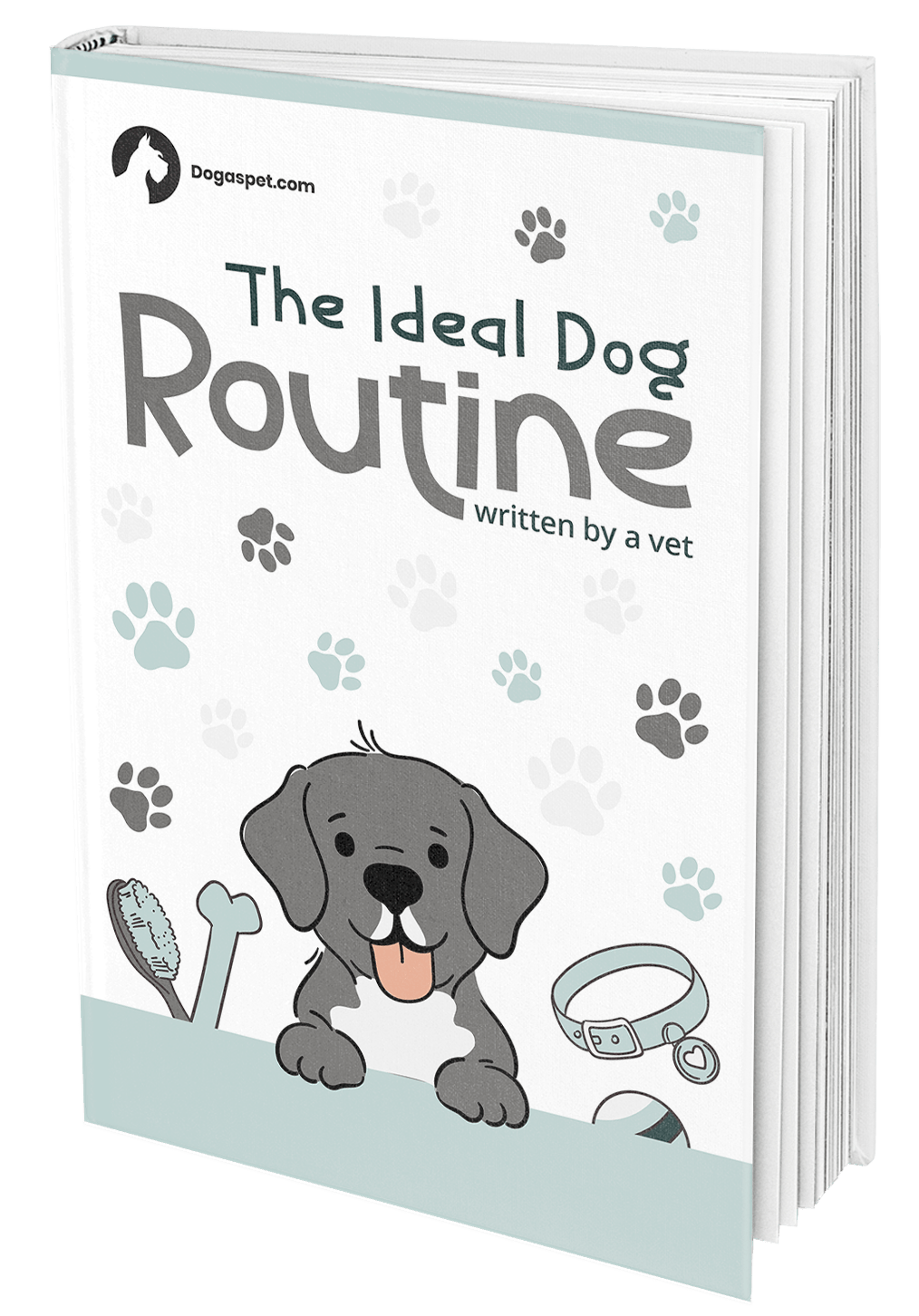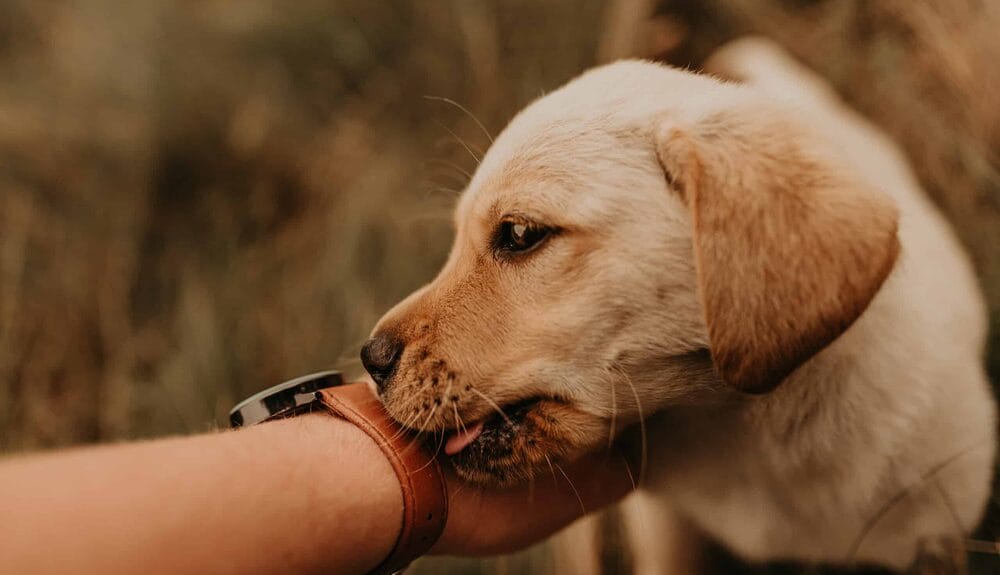
If you’re like most dog owners, you’ve probably wondered what motivates your pup to behave the way she does. Behavior is often a reflection of instincts, and understanding them is the key to preventing problems before they start.
In this post, we’ll explore one of the most common dog behaviors: aggression. Specifically, we’ll ask the question: if a dog tastes blood, will it attack again? Let’s take a closer look!
Table of contents
If a dog tastes blood, will it attack again?
No, a dog will not automatically attack again if it tastes blood. However, there are several factors that could contribute to a dog becoming aggressive after tasting blood.
For example, if a dog is already feeling anxious or threatened, the taste of blood may trigger its predatory instincts and cause it to attack.
Additionally, if a dog has been previously trained to attack on command (e.g. by military or law enforcement), the taste of blood may reinforce this behavior.
In any case, it’s important to be aware of the potential for aggression if your dog tastes blood, and to take steps to prevent it from happening.
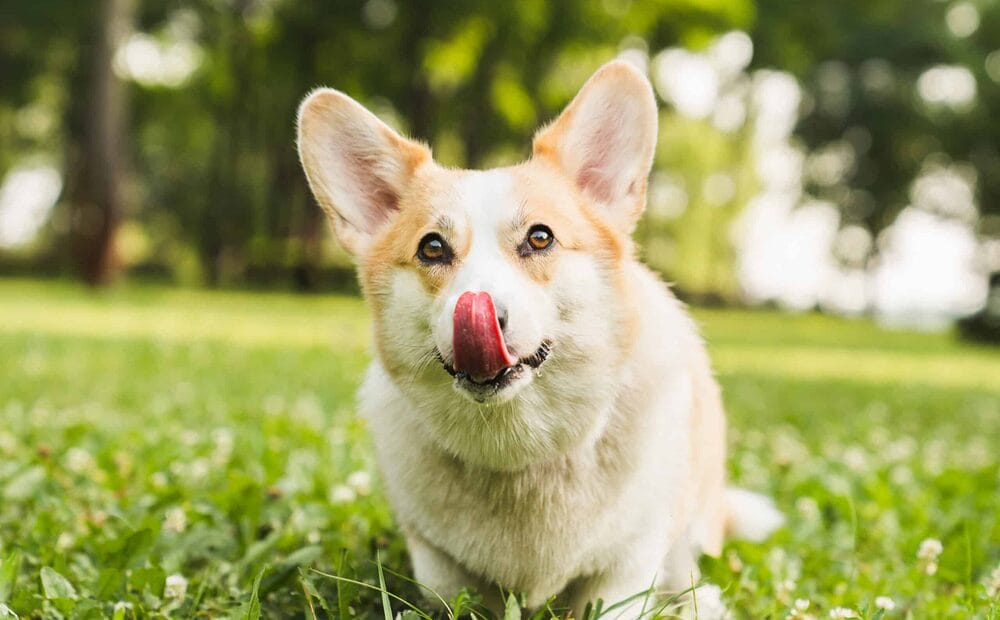
What happens if a dog eats blood?
According to folklore, if a dog eats blood, it will become more aggressive. This is completely false! If a dog eats blood, it may experience aggression because of conditioning, but it will not become aggressive by nature.
In fact, some dogs may even enjoy the taste! However, if your dog is eating blood on a regular basis, it’s important to make sure that she’s getting enough other nutrients and vitamins in her diet.
Overall, if a dog tastes blood it will not automatically attack again, however as we said, there are certain conditions that may increase the likelihood of aggression.
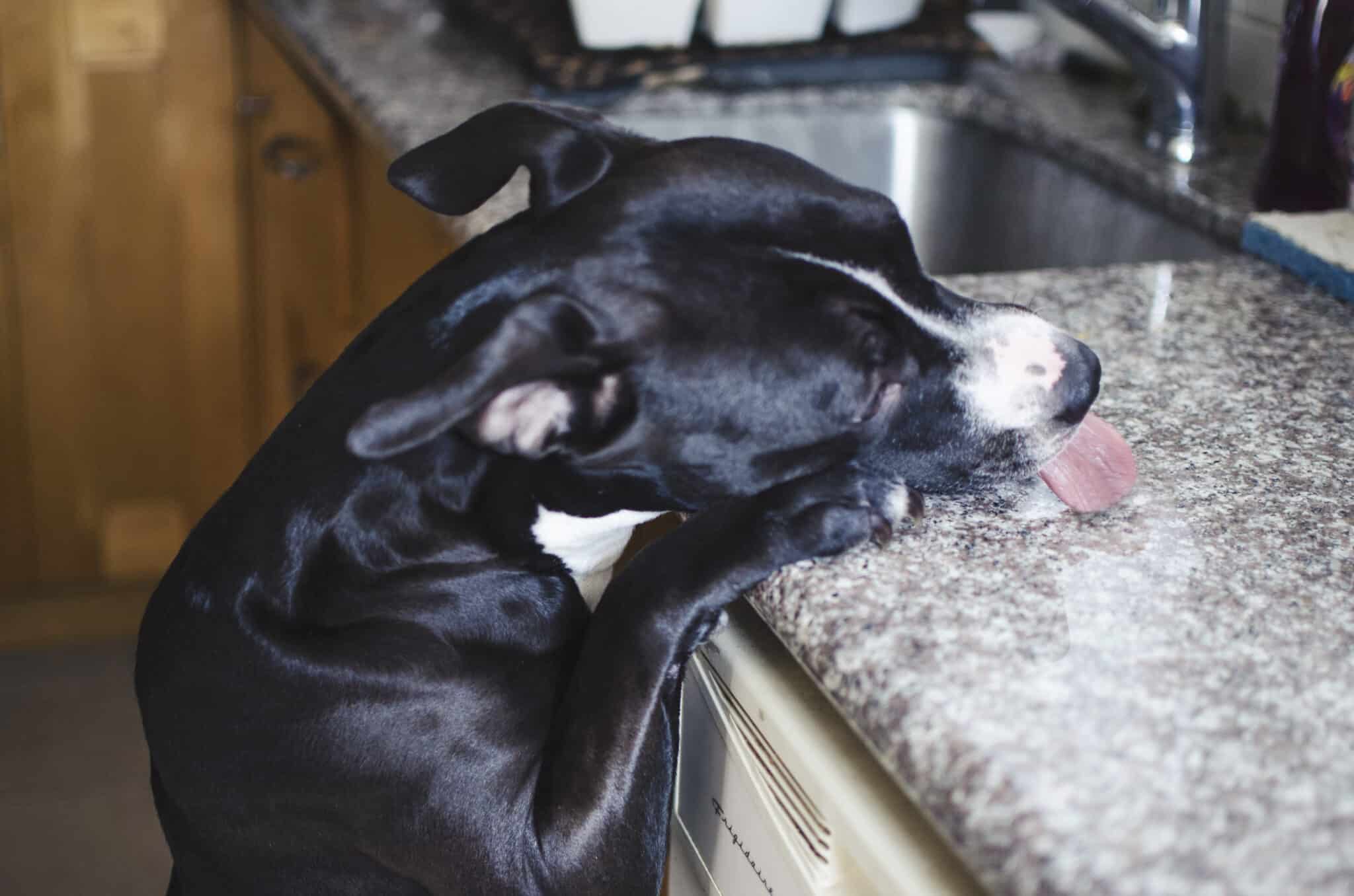
Is it bad If my dog tastes blood?
It’s not uncommon for dogs to lick their wounds, and although it may seem gross to us, there’s actually no need to worry.
Dogs have a natural tendency to cleanse their wounds, and the antiseptic properties of saliva can help to prevent infection.
However, if your dog starts licking excessively, it could be a sign that something is wrong. Excessive licking can lead to further damage and may even cause your dog to develop an aversion to his own wound.
Licking other dogs blood
When dogs fight, there’s often blood involved. And while it’s perfectly natural for a dog to lick its own blood, you may be wondering if it’s bad that your dog feels the need to lick other dogs’ blood.
Generally speaking, there’s no need to worry if your dog licks someone else’s blood on occasion. However, it can become a problem if your dog is constantly licking blood. This can lead to gastrointestinal issues, and in rare cases, it can also transmit diseases.
Therefore, it’s important to keep an eye on your dog and make sure that they’re not licking too much blood. If you’re concerned about your dog’s licking habits, talk to your veterinarian for more information.
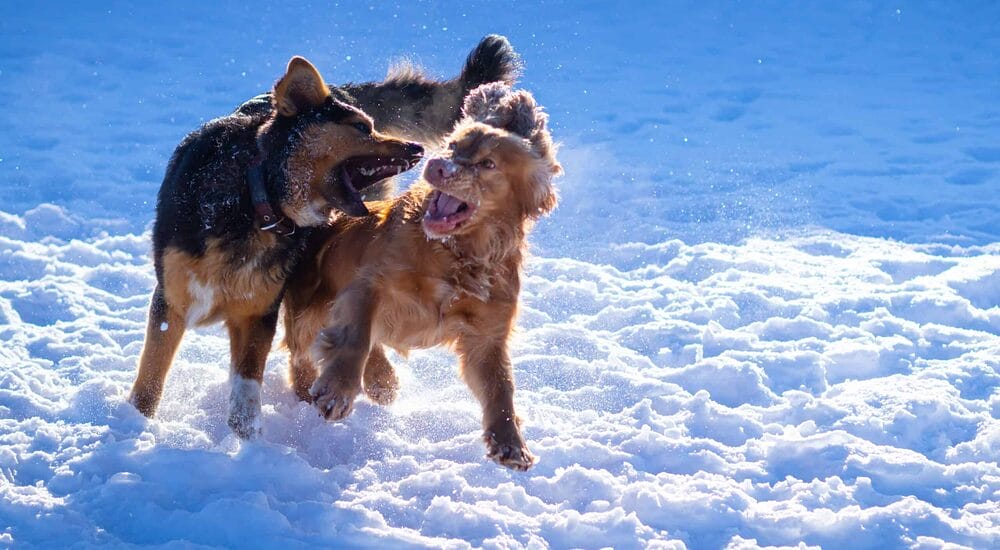
Licking human blood
When a dog licks a human wound, it is natural to worry that they may be ingesting harmful bacteria. However, according to veterinary experts, there is no need to be concerned.
Dogs have a very strong digestive system that is able to break down and kill harmful bacteria. In fact, licking can actually help to clean a wound and speed up the healing process.
The tongue is covered in small bumps called papillae, which act like tiny brushes. When a dog licks a wound, these papillae help to remove debris and encourage blood flow to the area.
Additionally, saliva contains enzymes that can kill bacteria and promote healing.

How to prevent aggression in dogs
There are several things you can do to prevent your dog from becoming aggressive. If your dog is already aggressive, these tips may help to lessen the intensity of her aggression or prevent it from being triggered altogether.
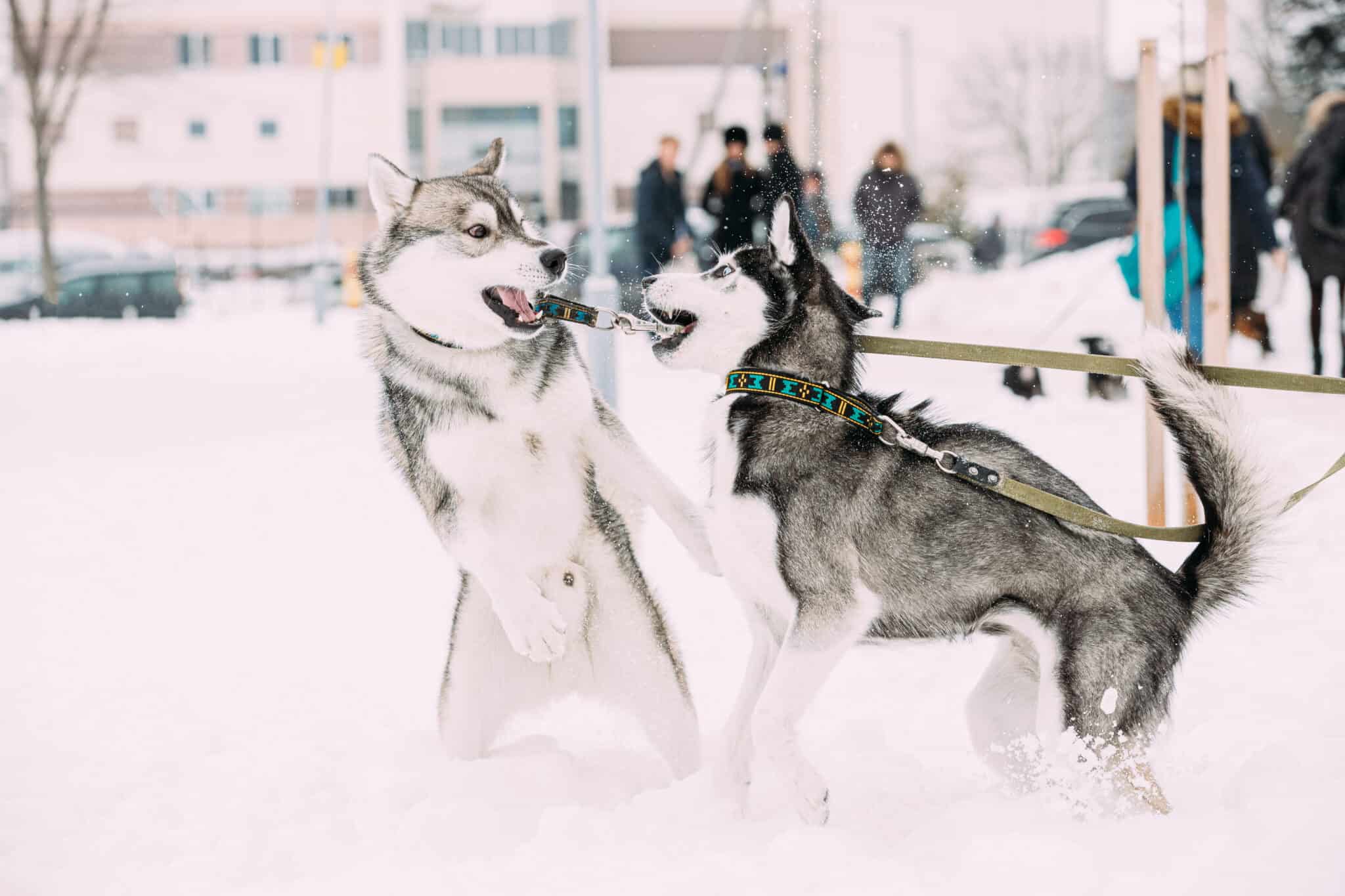
Be aware
Be aware of your dog’s body language. If you see signs that your dog is feeling anxious or threatened, remove her from the situation before it escalates.
Learn to socialize
Socialize your dog early and often. This will help her to feel comfortable around people and other animals, and less likely to view them as threats
Exercise and mental stimulation
Provide plenty of exercise and mental stimulation for your dog. A tired dog is a happy dog, and a well-rounded pup is less likely to become fixated on one particular thing (like the taste of blood)
Positive reinforcement training
Use positive reinforcement training to teach your dog what you do want her to do, rather than using punishment to try to stop unwanted behavior
FAQ
What if my dog has already tasted blood?
If your dog has already tasted blood, the best thing you can do is to prevent her from doing it again.
You can do this by keeping an eye on her and removing her from situations where she may be tempted to taste blood. Additionally, you can provide plenty of exercise and mental stimulation to help tire her out and redirect her focus.
Is it bad if my dog licks other dogs' blood?
If your dog is constantly licking other dogs’ blood, it can lead to gastrointestinal issues or the transmission of diseases.
Therefore, it’s important to keep an eye on your dog and make sure that they’re not licking too much blood. If you’re concerned about your dog’s licking habits, talk to your veterinarian for more information.
What should I do if my dog is already aggressive?
If your dog is already aggressive, you’ll need to be extra careful to prevent her from becoming agitated or triggered. Be aware of your dog’s body language and try to avoid situations that may make her aggressive. If you can’t avoid such situations, consider using a muzzle or collar.
Additionally, continue socializing your dog and providing plenty of exercise and mental stimulation. You may also want to consult with a professional trainer or behaviorist for help with your dog’s aggression.
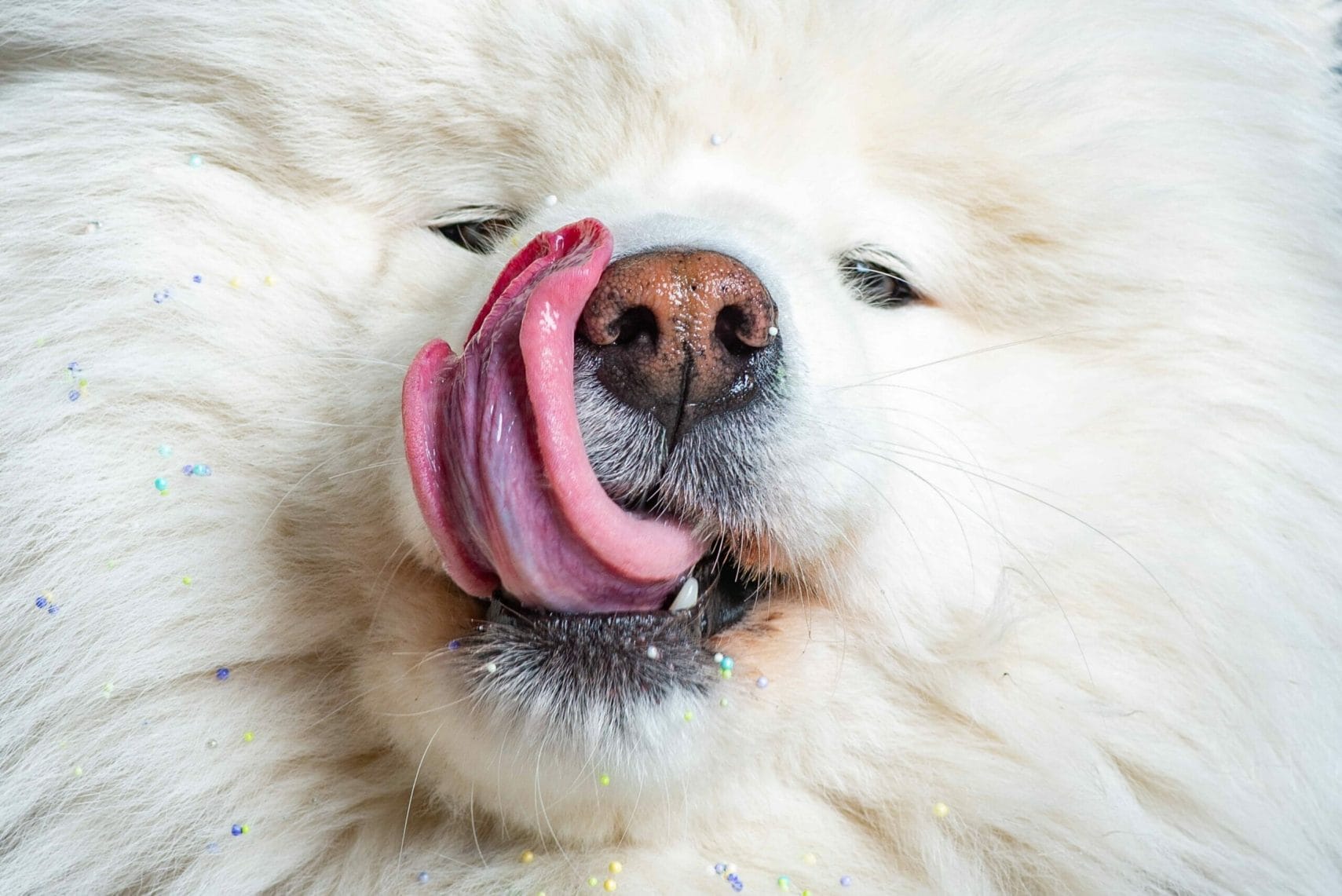
Conclusion
If a dog tastes blood, it will not automatically attack again. However, there are certain conditions that may increase the likelihood of aggression. It is also important to note that if a dog licks excessively, it could be a sign that something is wrong. Overall, if a dog tastes blood it is not necessarily bad, but there are some things to keep in mind.

